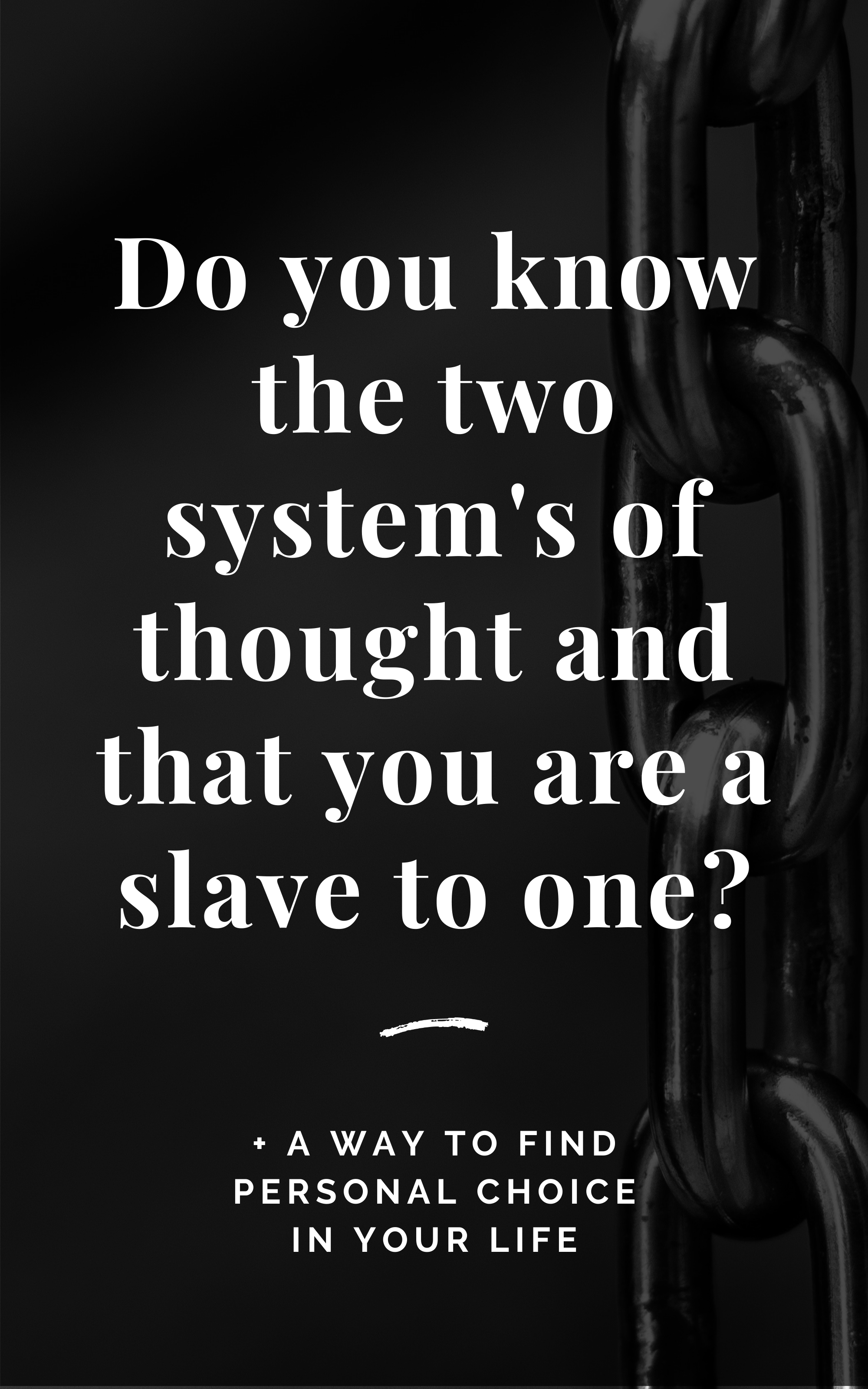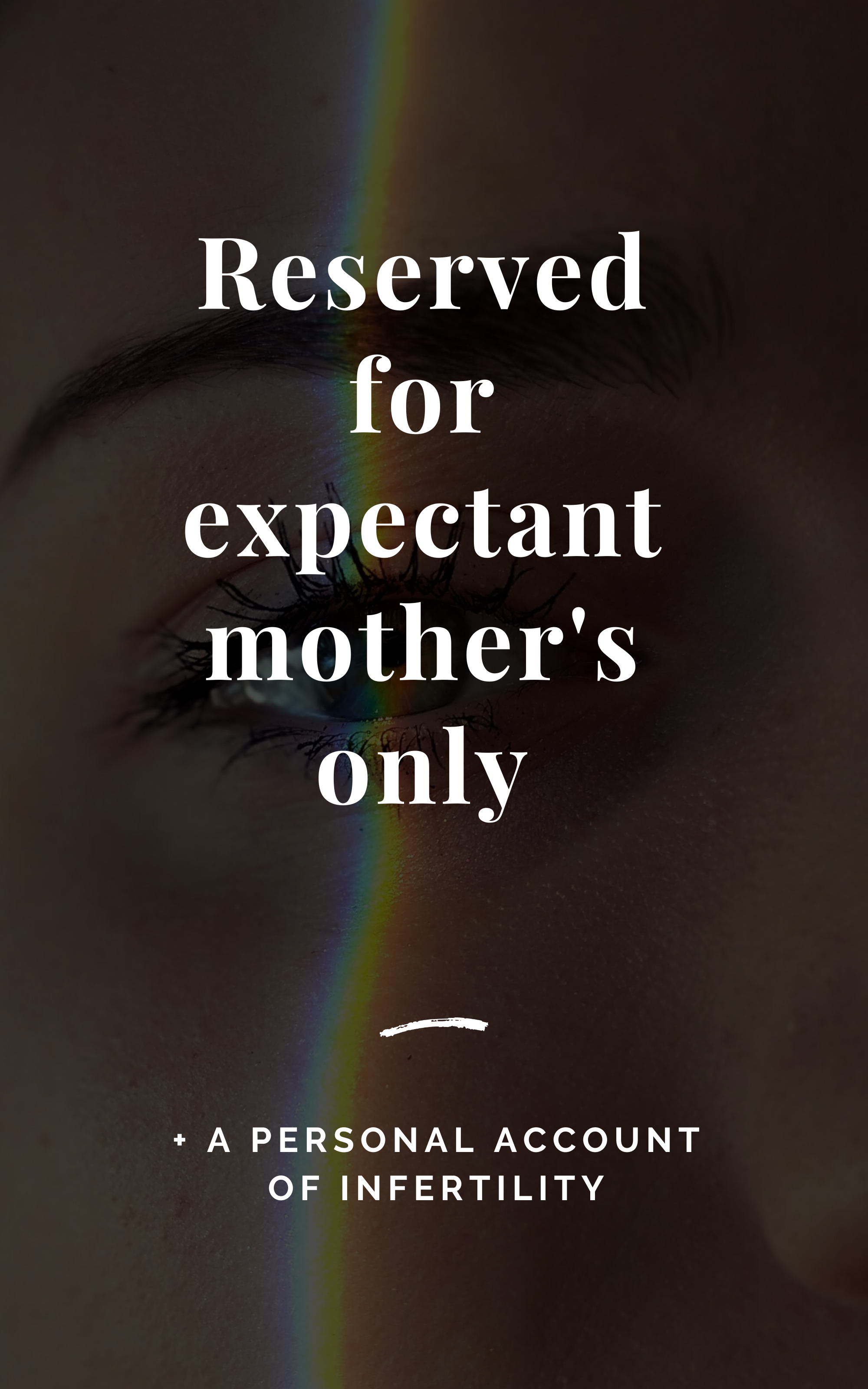Have you ever had the experience of feeling like you are a slave to your immediate reactionary response to something someone says or does? Perhaps it is an intense fear of certain situations? I have had this experience and it really can interrupt the flow of my relationships and experiences.
In order to understand how to slow our reactions we first have to understand the two different systems of thought. These two systems have many names, but I am going to reference Daniel Kahneman’s theory of the two systems:
System 1 thinking is characterized by: Fight or flight, sympathetic nervous system, limbic or reptilian brain, impulsive, irrational, unconscious, FAST, without self-awareness or control, acts on limited information. We live in this system a lot of the time and so our actions and behaviors tend to be unconscious and fast.
System 2 thinking is characterized by: Rest and digest, para- sympathetic nervous system, prefrontal cortex or frontal brain, conscious and deliberate, controlled, rational, self aware, seeks all of the information, SLOW. We are barely intuitively in this system and so our job is to slow down to get in this system.
As I mentioned, we are usually in system one thinking. In fact,
we tend to be a slave to system one.
In system one, we want to act differently but can’t because we are unconsciously reactive. I find this is the heart of why people have depression, anxiety and relational problems. This stuff is complicated so bear with me here. But imagine a person who was criticized all of their life. This experience was traumatic and put them in fight or flight. They deeply fear criticism. When they interact with others they go into an immediate, impulsive and reactive state to anything they perceive as criticism. Because they are in system one, they do not take in all of the information and this leads to negating the full picture where there may be love, compassion or understanding present. This will affect this person’s relationships because they will constantly be defensive to others causing a disconnect. It is a painful cycle. Perhaps you can relate to this? I know I can. This is why relationships are work, because they force us to break the chains of our “system one incarceration”. Our job is to get out of system one and into system two. But how?
I find that there is no one answer to cover the range and individuality of all of us. But rather a combination of things. Here are a a few tried and true tools I have found that help people get into system two and break the cycle of system one hijacking:
1. Get into your body. Yes, getting onto the body will immediately slow you down. You can do this by bringing your awareness to your breath, going for a walk, scanning your body and naming each part and how it feels in the present moment.
2. Medication. I know this is a very personal decision, but in my own experience, finding the right medication has allowed me to live more in system two. I am able to slow my thoughts down and notice what information is missing. I can use more cognitive tools to see my partner from a conscious and intentional way. And that feels amazing. So, in some cases medication is a real miracle, and I encourage anyone who finds themselves caught in system one to consider medication.
3. Cognitive practices and tools. This one is a really big help. Again, it is also very individual. I fond that using the phrase “make a different choice” really helps a lot of the people I work with. It reminds them that they have choice in their reaction. And that they need to slow down and evaluate their thoughts and actions. I also find that Tara Brach’s idea of radical compassion for myself and others tends to help me hold all perspective’s. Along with that, I will suggest the third reaction rule which is simply acting not on your first reaction which is always system one, but waiting for your third reaction by investigating what is happening inside using meditation or journaling. The third reaction is usually more system two thinking. Watch the video below to hear Kahneman's description of the two systems:
I want to add that sometimes just really focusing on listening can be a way to switch from system one to system two. If you do not feel that you can react yet, that is ok. Try listening for understanding. Keep clarifying until you really understand the big picture of where the other person is coming from. This tends to slow us down and take in all of the facts. I find it helps me resist my narrow and narrative mind.
As usual, I hope this helps at least one of you out there. Try practicing coming into system two daily. You will find a huge difference in your stress levels and state of mind.
From my heart to yours,












